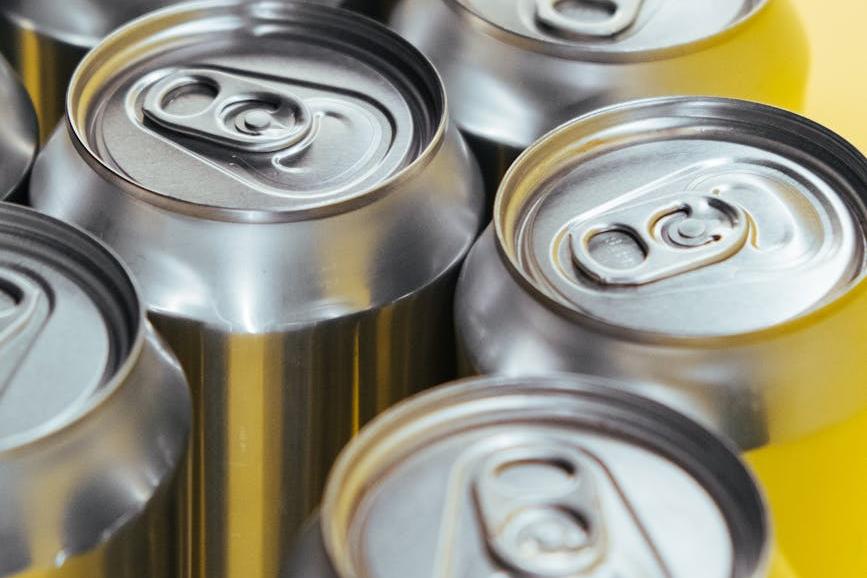- Shanghai Zhongshen International Trade Co., Ltd. - Two decades of trade agency expertise.
- Service Hotline: 139 1787 2118
With the exchange of global food cultures, traditional pickled vegetables, especially sauerkraut, have become popular commodities in international markets. However, exporting sauerkraut is not without barriers—it involves a series of complex processes and regulations. This guide aims to provide detailed customs clearance procedures and precautions for export enterprises.

I. Strictly implement the registration system for export pickled vegetable production enterprises
Exporting pickled vegetables, such as sauerkraut, requires enterprises to comply with strict regulatory systems to ensure food safety and quality. The following steps detail the implementation of the registration system:
(I) Registration application procedure
Multi-certificate integration reform:According to the Multiple Certificates in One policy, when enterprises complete business registration with market supervision departments, they can simultaneously select customs declaration unit filing and fill in necessary filing information. This simplifies processes, improves efficiency, and reduces administrative burdens on enterprises. After filing is completed, enterprises no longer need to separately submit filing applications to customs.
Online application:For enterprises already registered with market supervision departments, customs filing can be applied for through Chinas International Trade Single Window or Internet + Customs platform. This step makes the filing process more convenient, as it can be completed online, improving application transparency and traceability.
Review and issuance:After submitting the filing application, the local customs will review the application materials. Enterprises must provide complete application documents, including production licenses, product quality reports, and enterprise qualification certificates. After approval, customs will issue the Export Food Production Enterprise Filing Certificate, officially approving the enterprises export qualification.
(II) Registration application requirements
Food safety and hygiene control system:Enterprises must establish and effectively implement a food safety and hygiene control system to ensure safety and hygiene throughout production, processing, and storage. This includes appropriate cleaning and disinfection measures, as well as preventing food contamination.
Compliance with laws, regulations, and standards:Pickled vegetables produced by enterprises must comply with Chinas relevant laws and regulations, as well as export food production enterprise safety and hygiene requirements. If importing countries have special requirements or international agreements with China, enterprises must ensure their products meet these standards.
Traceability and record-keeping system:Enterprises should establish systems for supplier evaluation, incoming inspection, production records, factory inspections, and export food traceability and non-conforming product disposal. These records not only improve product quality but also enable quick problem identification and corrective actions, serving as key to food safety.
II. Supervision and inspection of export pickled vegetable production enterprises:
Supervision and inspection methods: Including document review, on-site inspections, etc.
Rectification and emergency measures: For issues identified during inspections, enterprises must immediately rectify them to ensure food safety.
III. Pre-declaration supervision:
Supervision application:
Exporters or agents must submit a pre-declaration supervision application to customs before exporting pickled vegetables. This step is crucial as it involves preliminary review of product safety and compliance. At this stage, companies should prepare and submit detailed product information, production process descriptions, implemented food safety measures, supplier details, and other relevant documents. This helps customs understand product characteristics and production background, providing reference for subsequent on-site inspections.
On-site Inspection and Supervision Sampling:
Once the pre-declaration supervision application is accepted, the origin customs will conduct on-site inspections and supervision sampling of the pickled vegetables for export according to regulations. This stage is a critical part of export supervision, aiming to ensure all indicators during production, processing, and storage meet export standards and food safety requirements. On-site inspections may include comprehensive assessments of production environment hygiene, employee health conditions, raw material quality, and sources. Supervision sampling focuses on testing safety indicators such as microbial levels, heavy metal content, and pesticide residues.
Export Certificate Application and Printing:
For pickled vegetables that meet export requirements after on-site customs inspection and supervision sampling, exporters or agents can apply for certificate issuance in the Certificate Application module through Chinas International Trade Single Window or Internet + Customs system. Depending on needs, they can choose self-service printing or on-site collection to obtain export certificates. This certificate is a necessary document for the formal export of pickled vegetables, indicating the product has passed all customs inspections and reviews, complying with export and importing countries food safety standards.
Handling of Non-compliant Products:
If exported pickled vegetables fail to meet requirements during customs on-site inspections and supervision sampling, customs will notify the exporter or agent in writing. For non-compliant products, exporters are responsible for necessary technical treatment or rectification to meet export standards. Only after retesting and verification can these products be approved for export. However, pickled vegetables that cannot meet standards through technical treatment or remain non-compliant after treatment are prohibited from export to ensure food safety and consumer health.
IV. Enterprise declaration and port inspection:
Enterprise Declaration: Declare through the Single Window as required.
Port Inspection: Exported pickled vegetables must undergo inspection by port customs.
The export of pickled vegetables like sauerkraut can open international markets, enhance brand reputation, and promote global exchange of traditional foods. However, companies must strictly comply with relevant laws, regulations, and standards to ensure food safety and hygiene for smooth export processes. By following the steps and strategies in this guide, companies can better prepare for and address various challenges in export.
Related Recommendations
Category case
Get in Touch
Email: service@sh-zhongshen.com
Related Recommendations
Contact via WeChat

? 2025. All Rights Reserved. Shanghai ICP No. 2023007705-2  PSB Record: Shanghai No.31011502009912
PSB Record: Shanghai No.31011502009912









